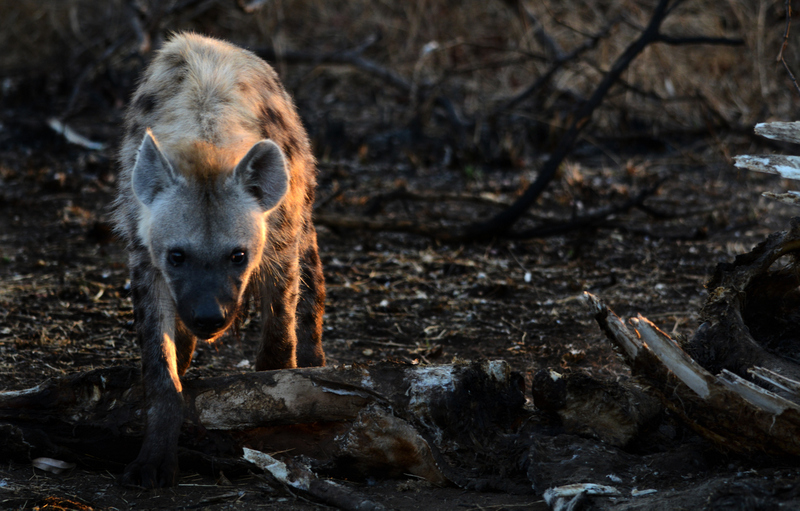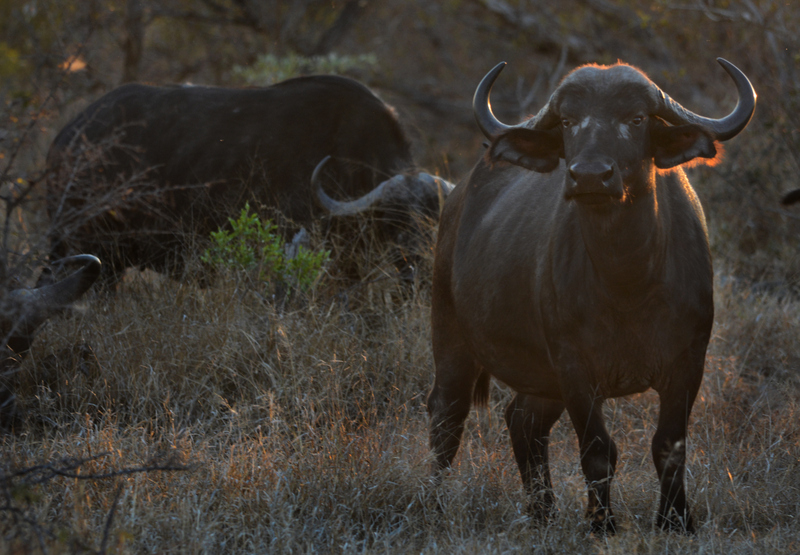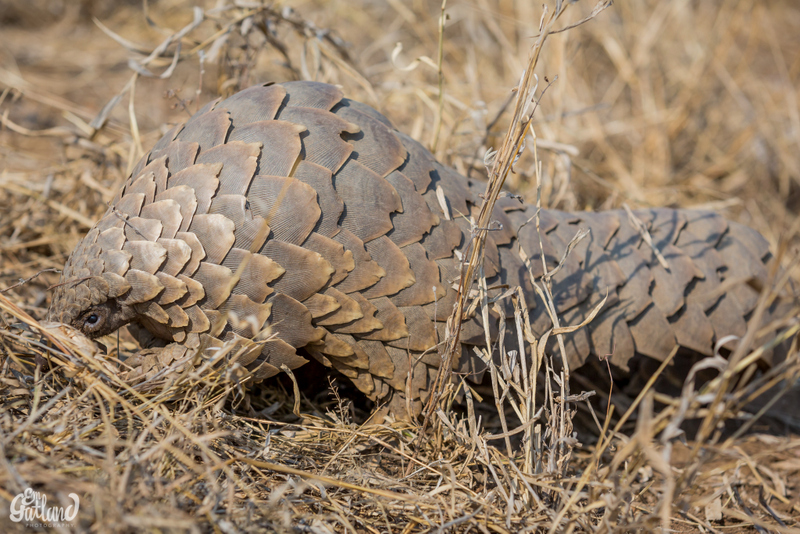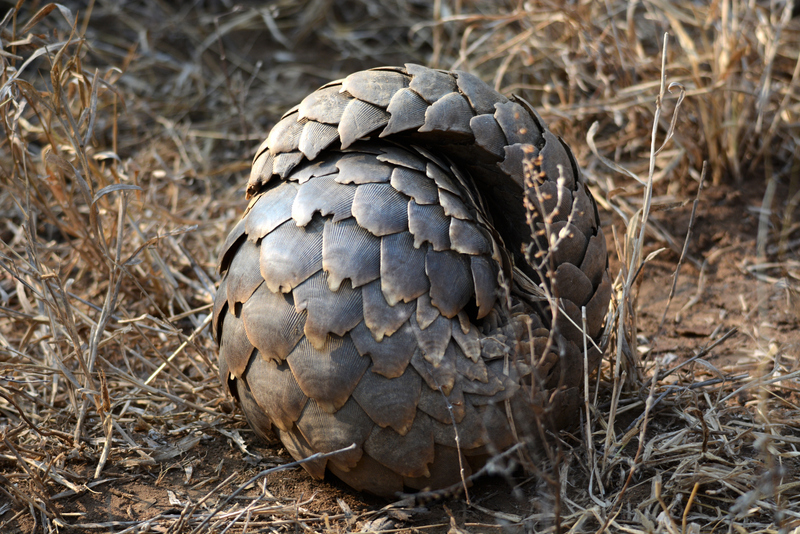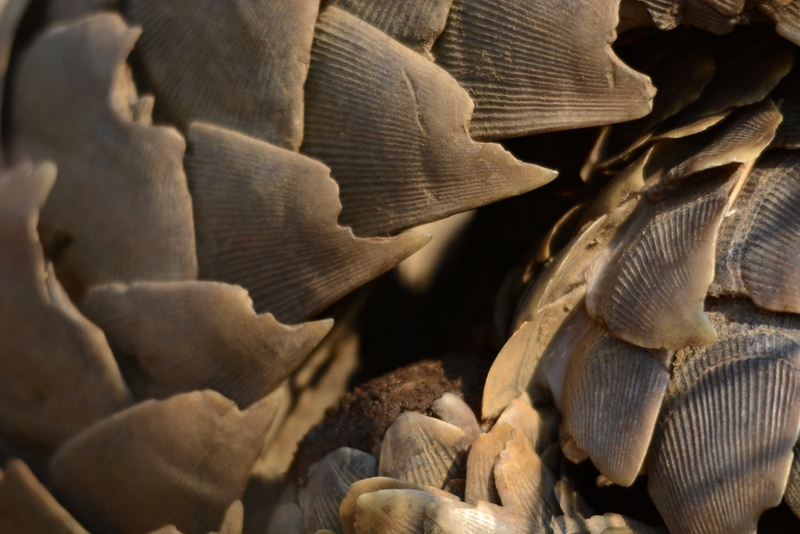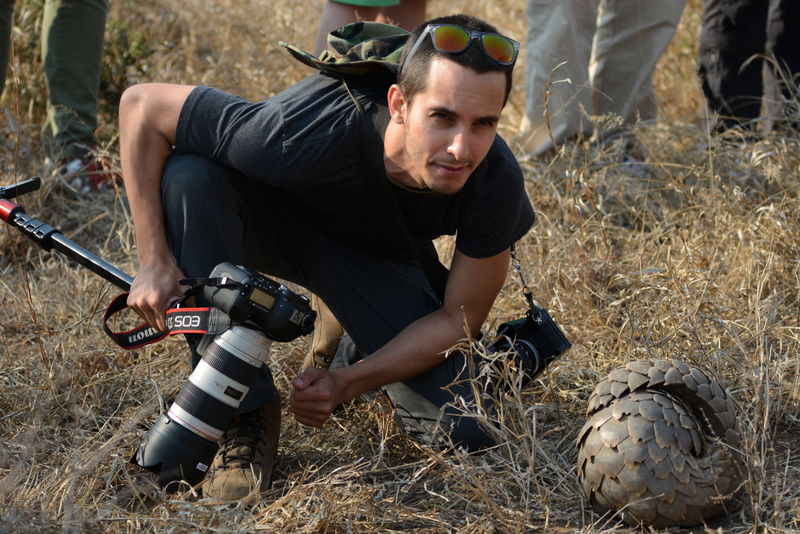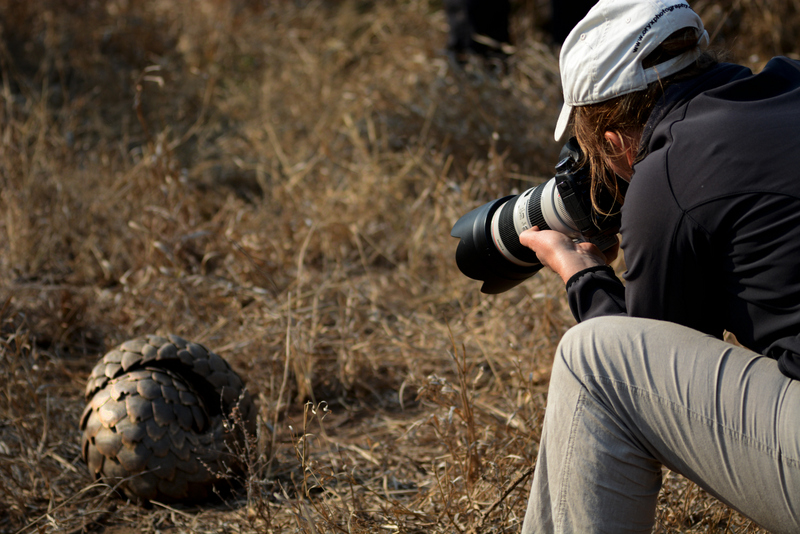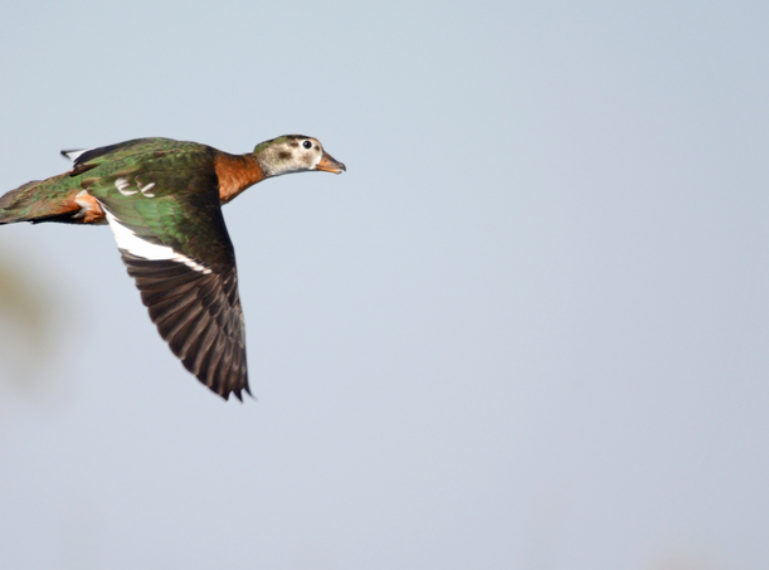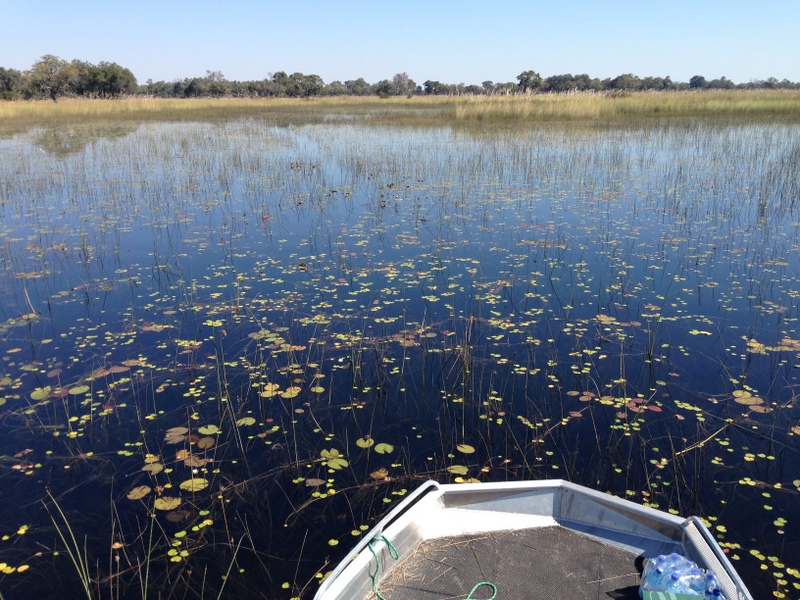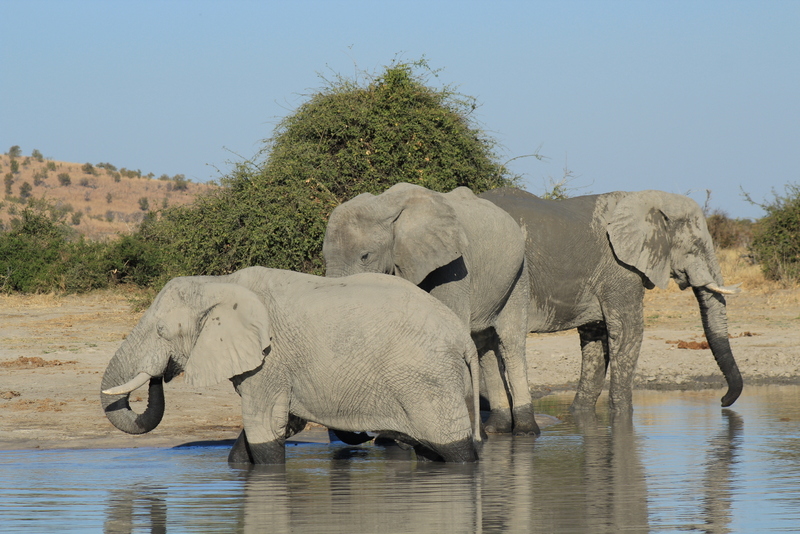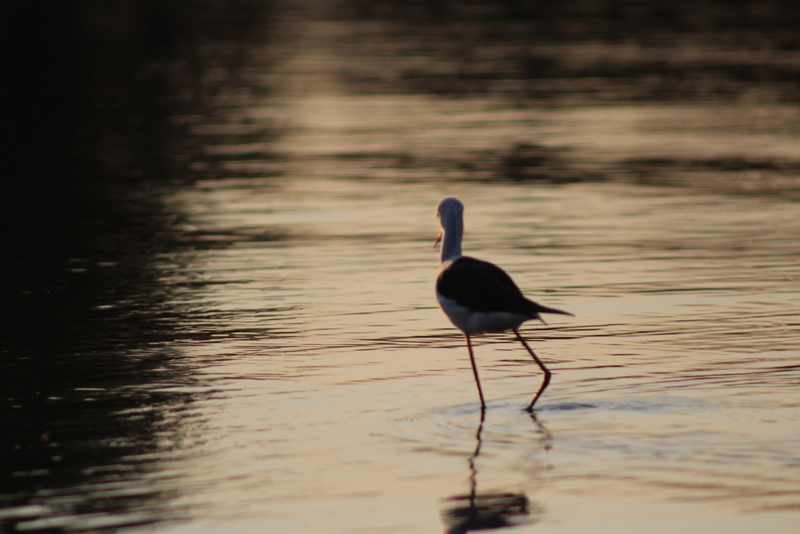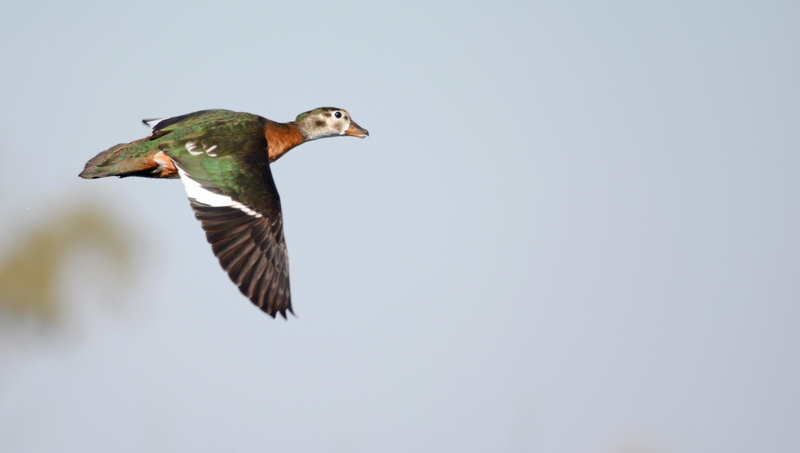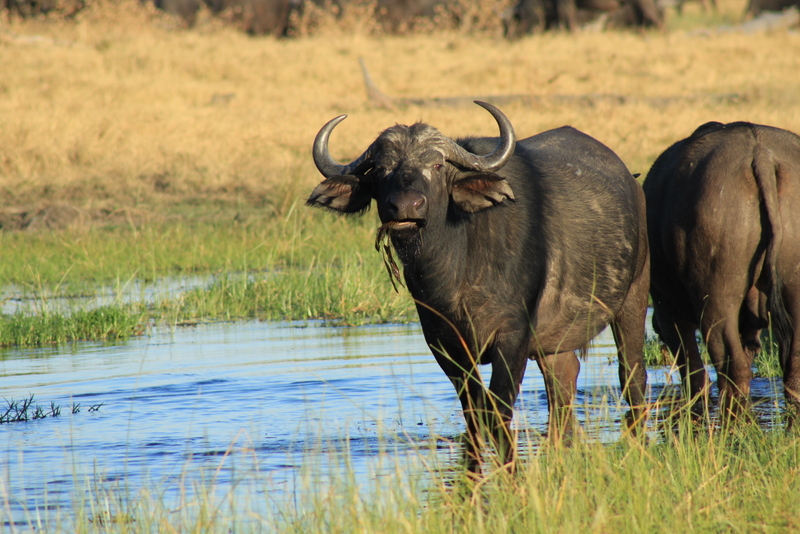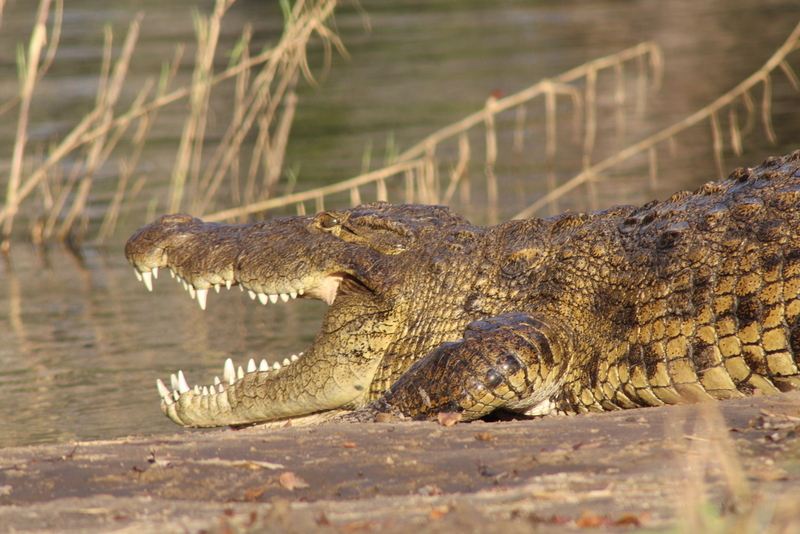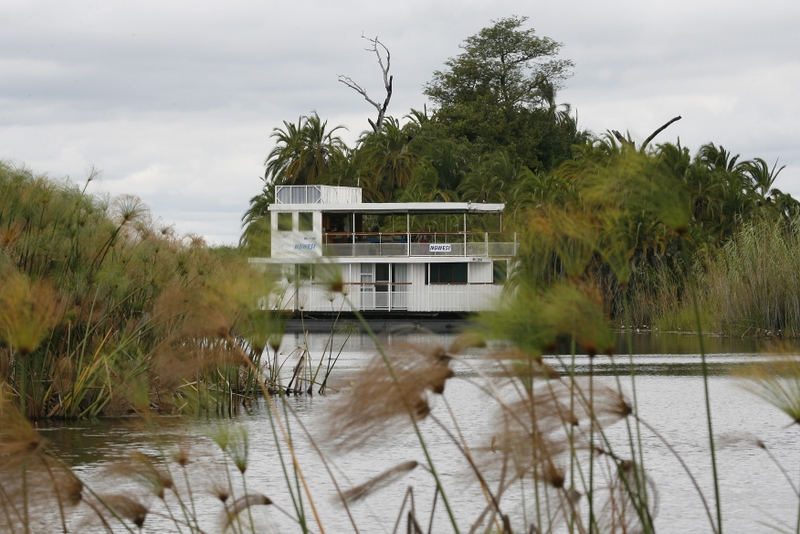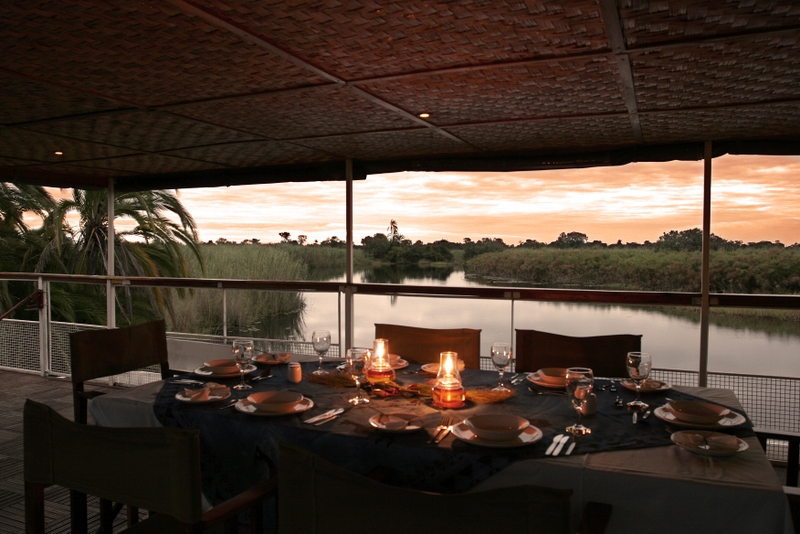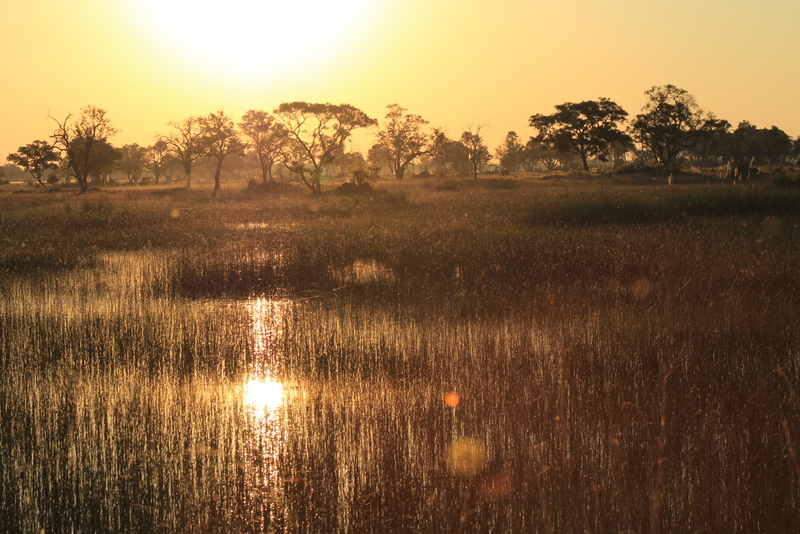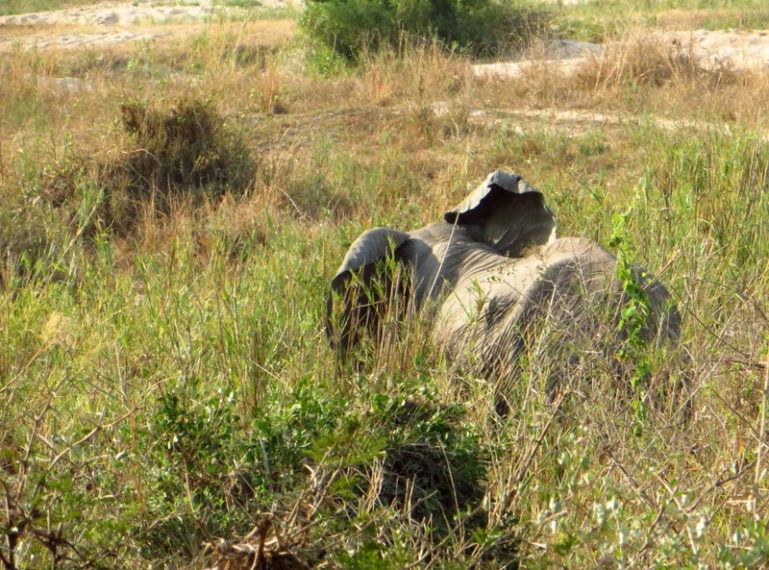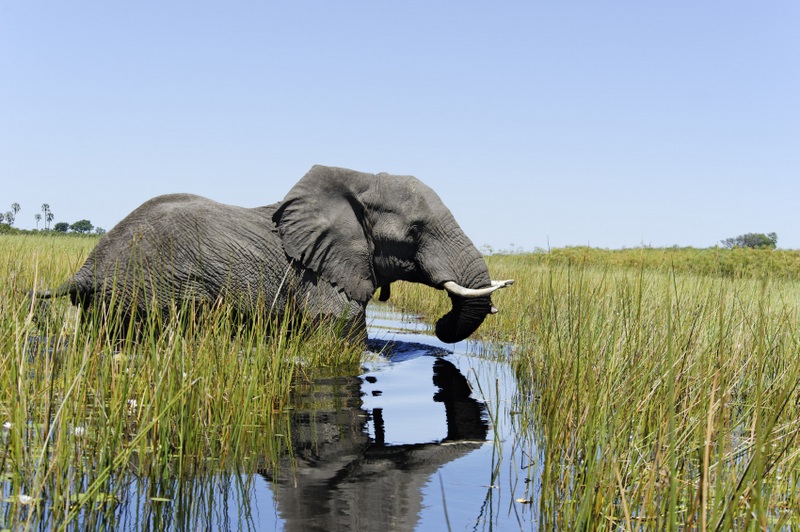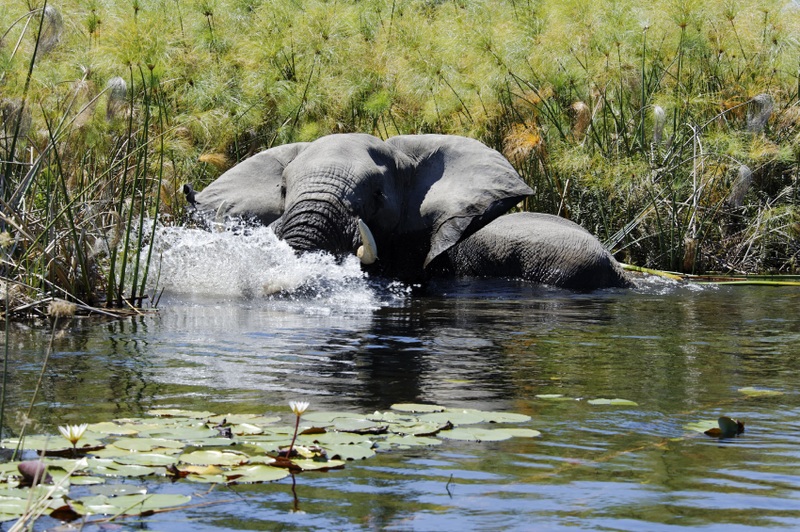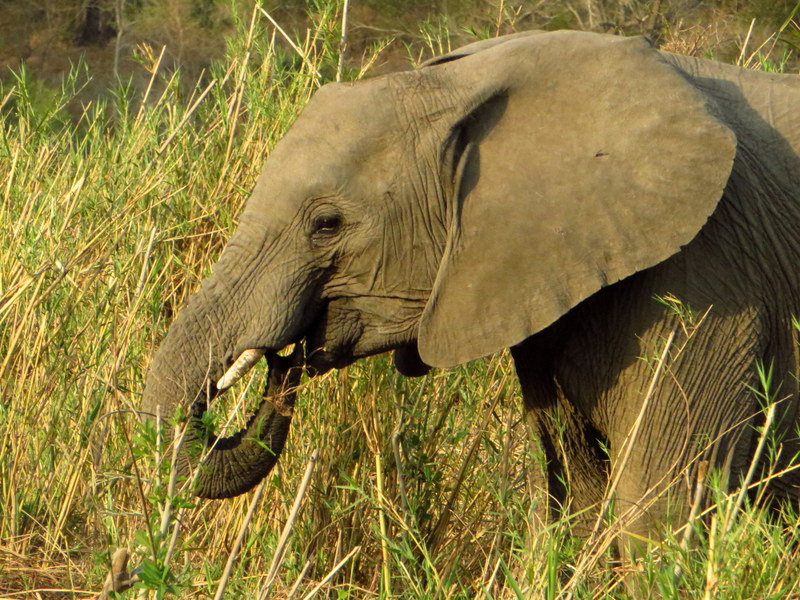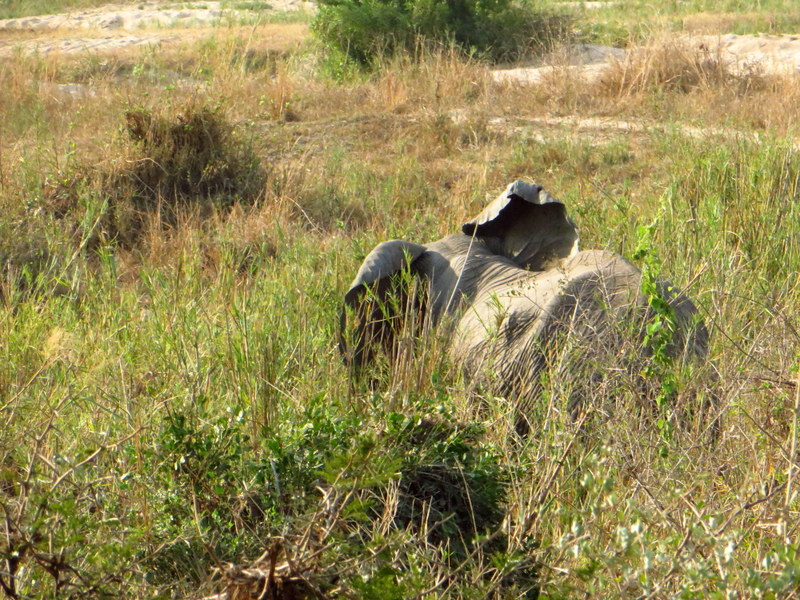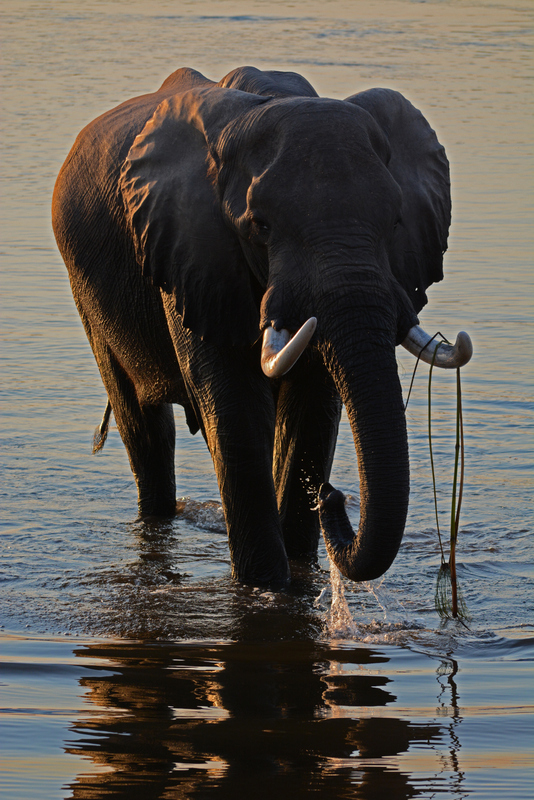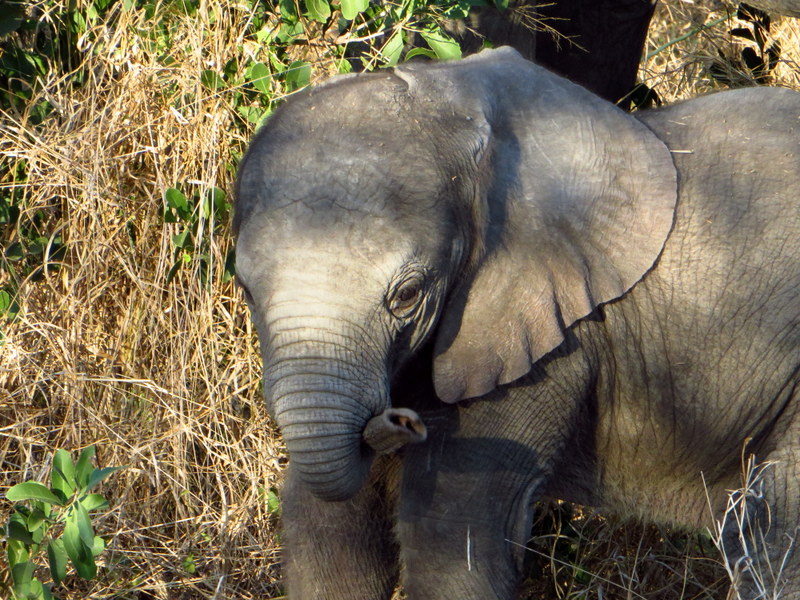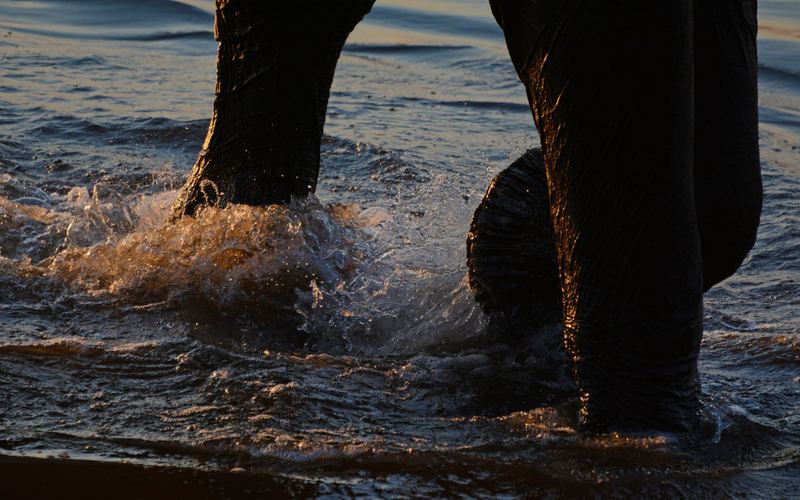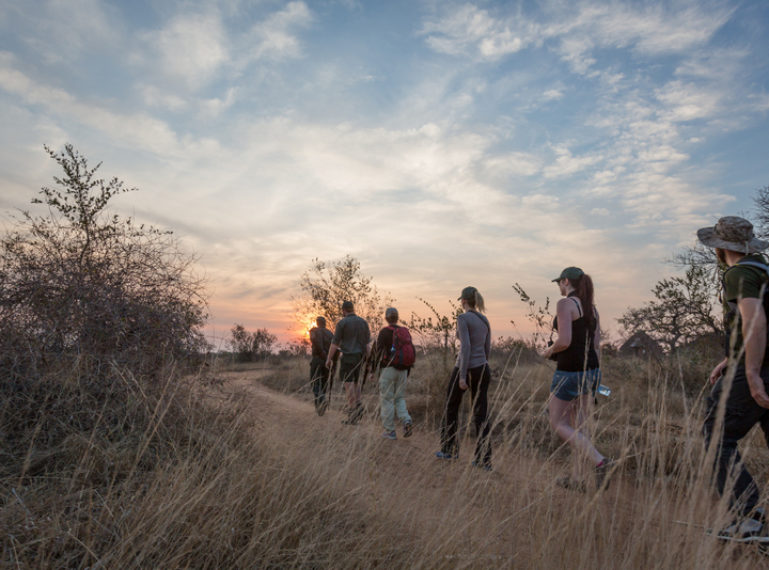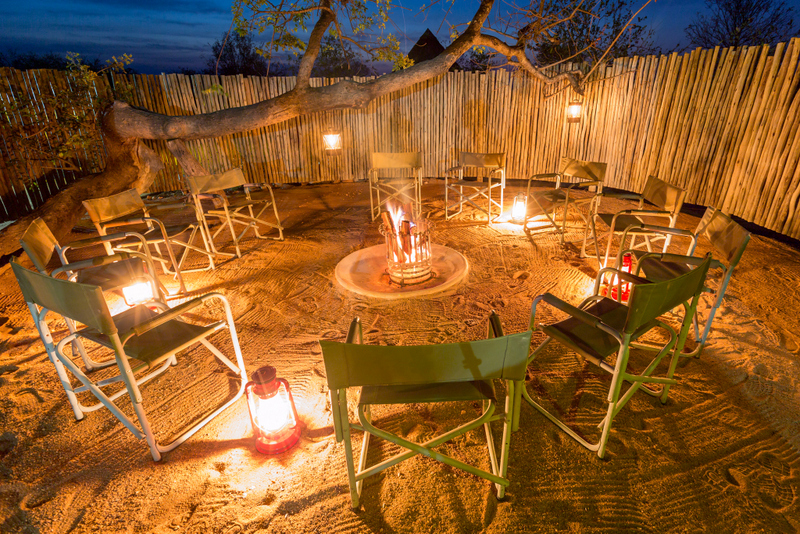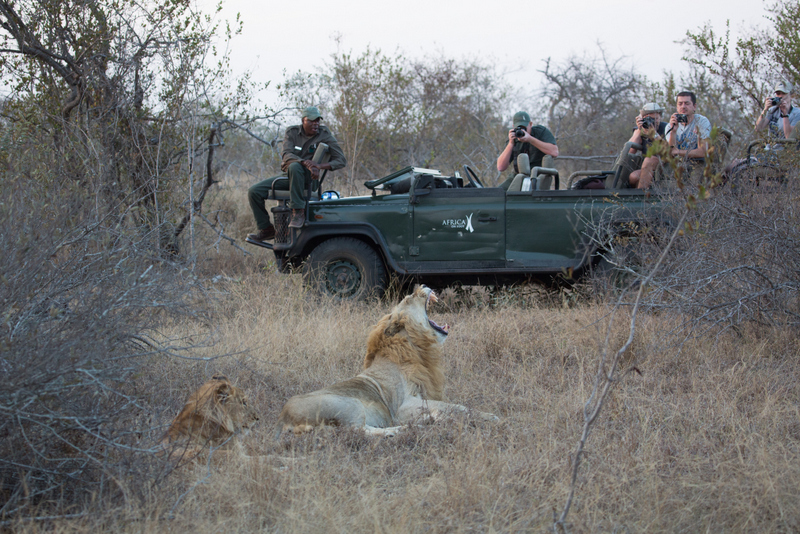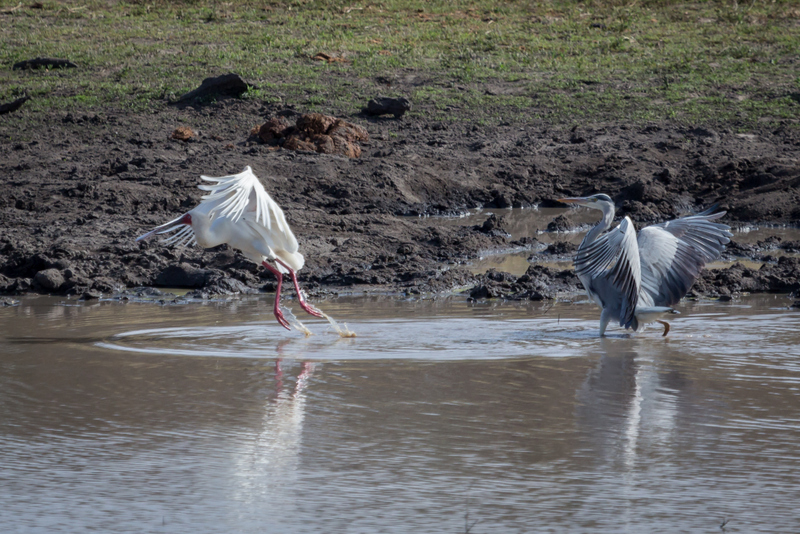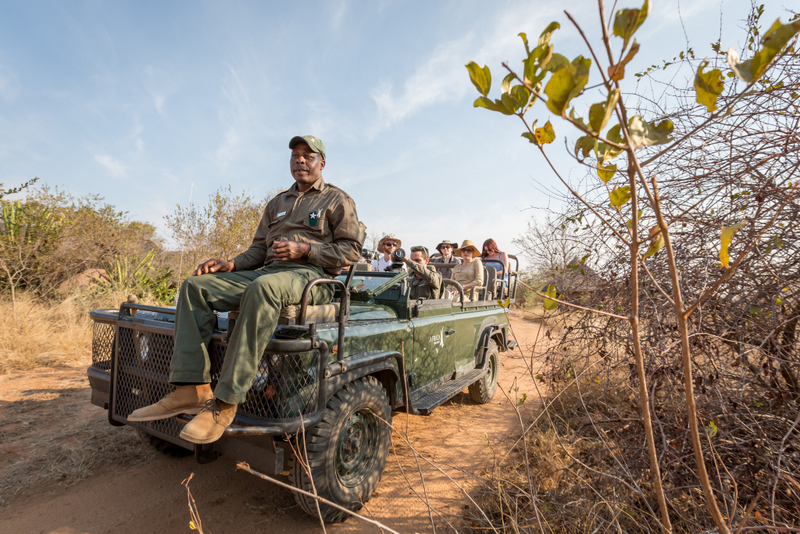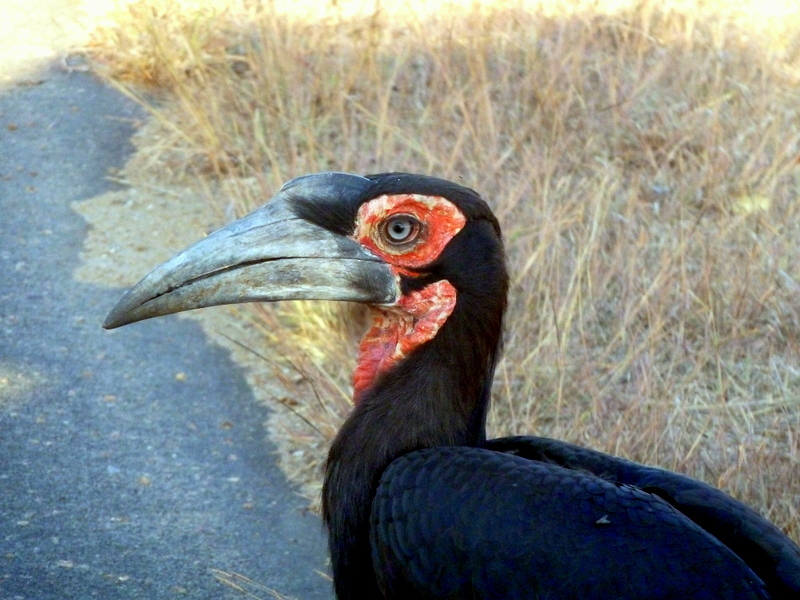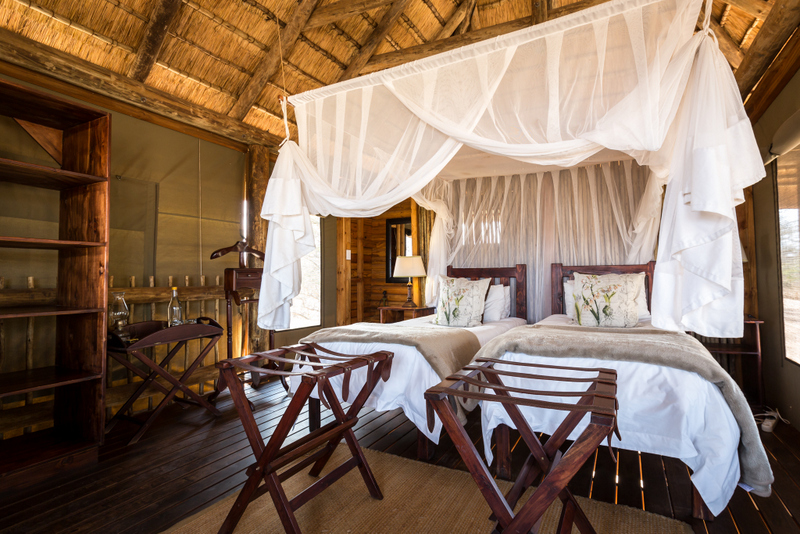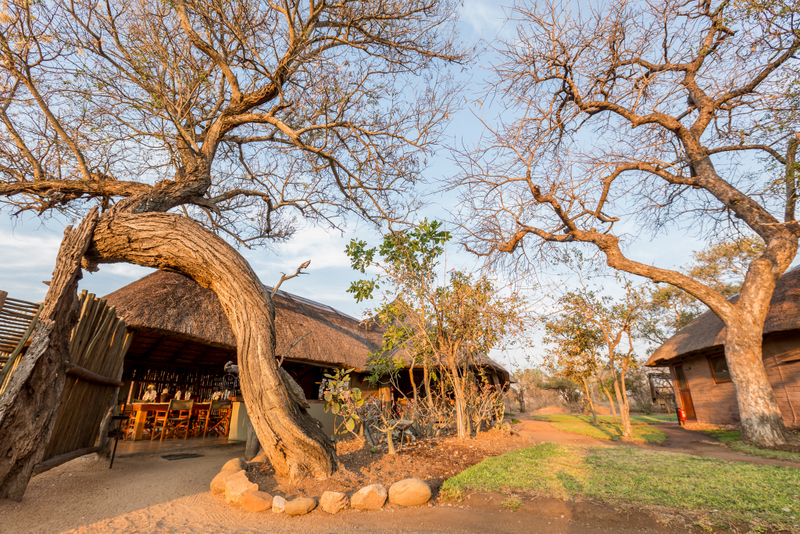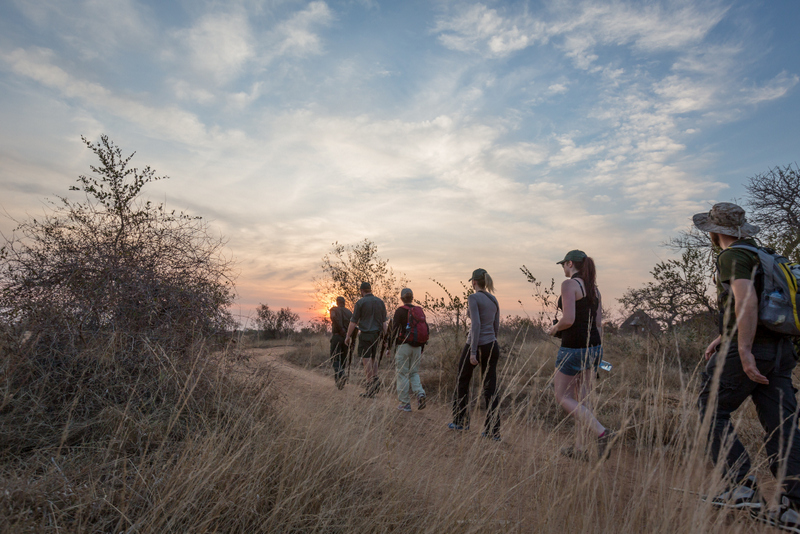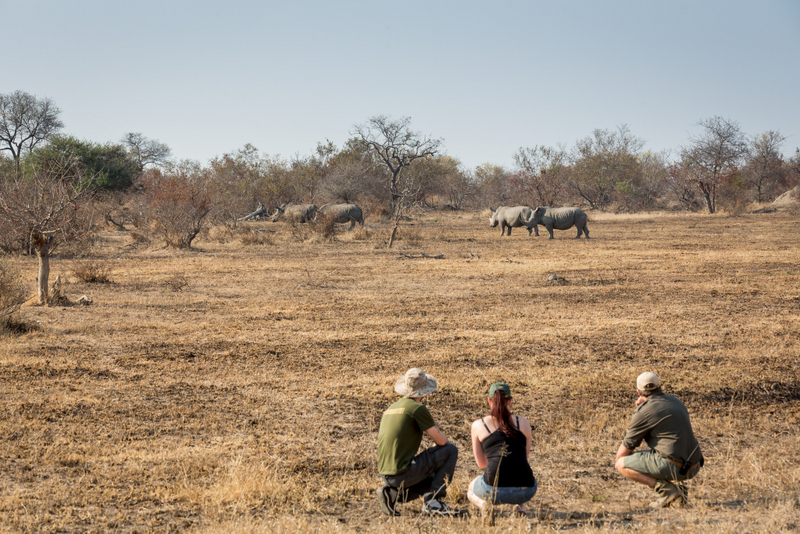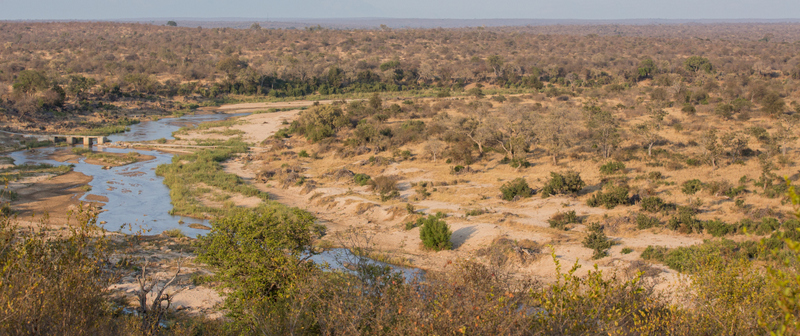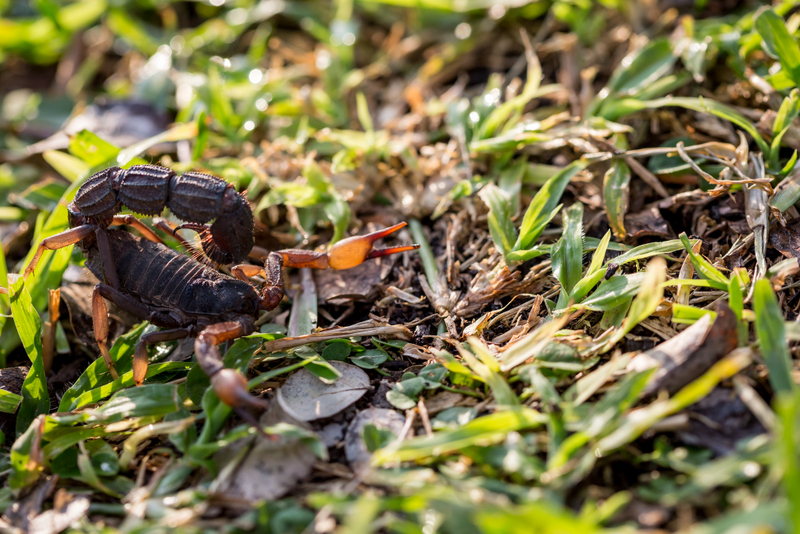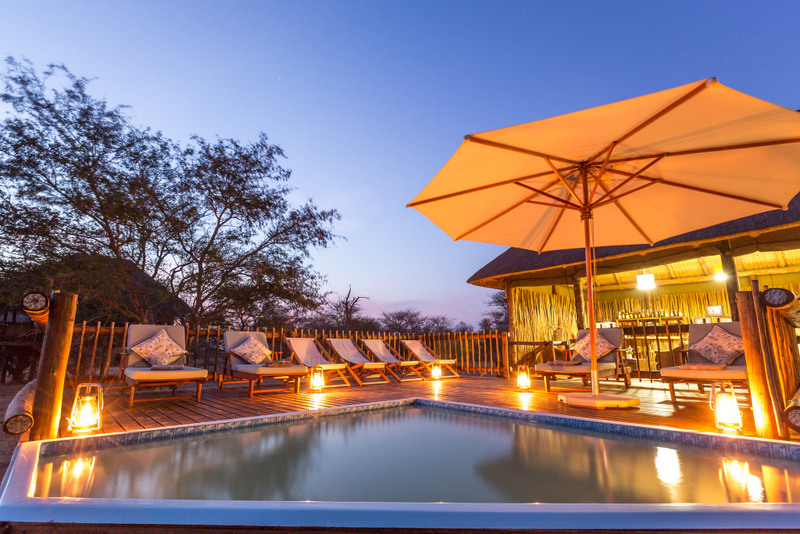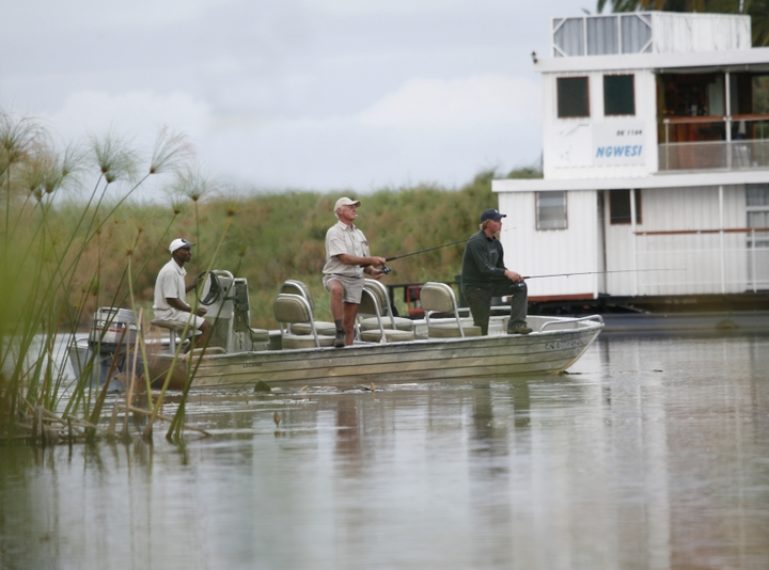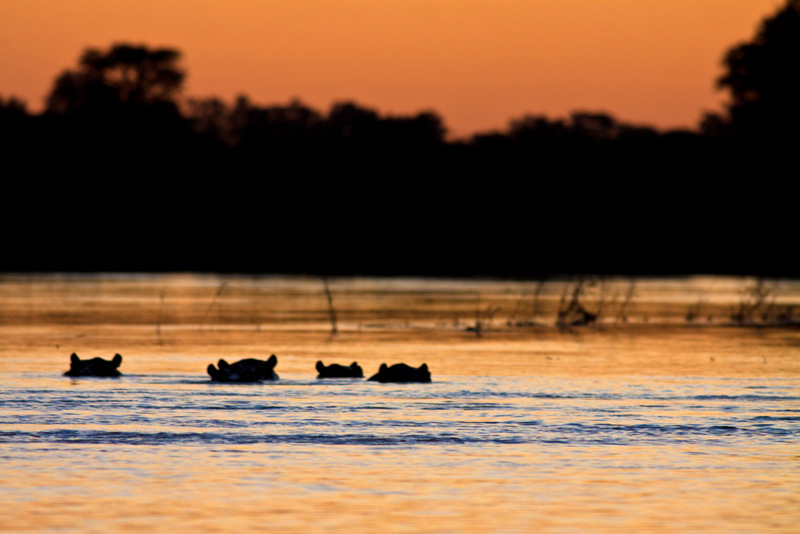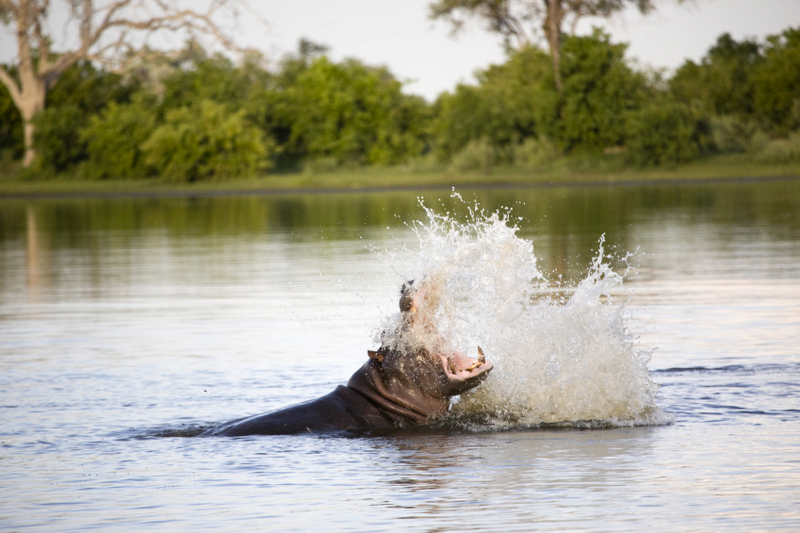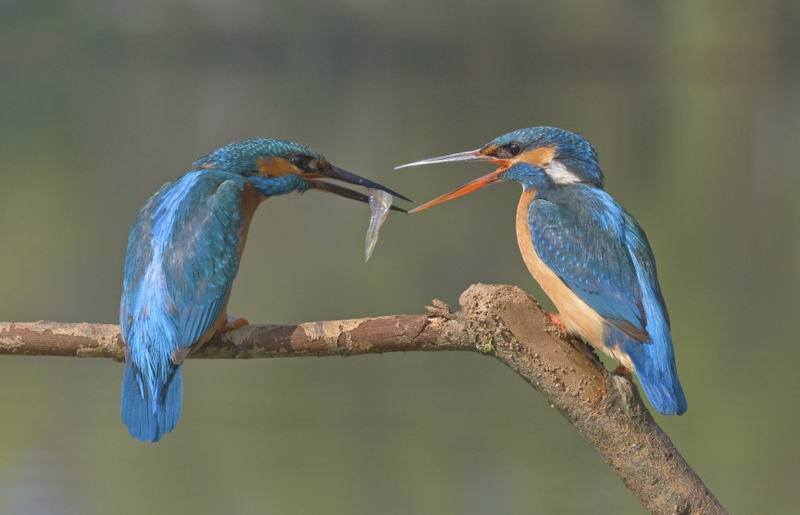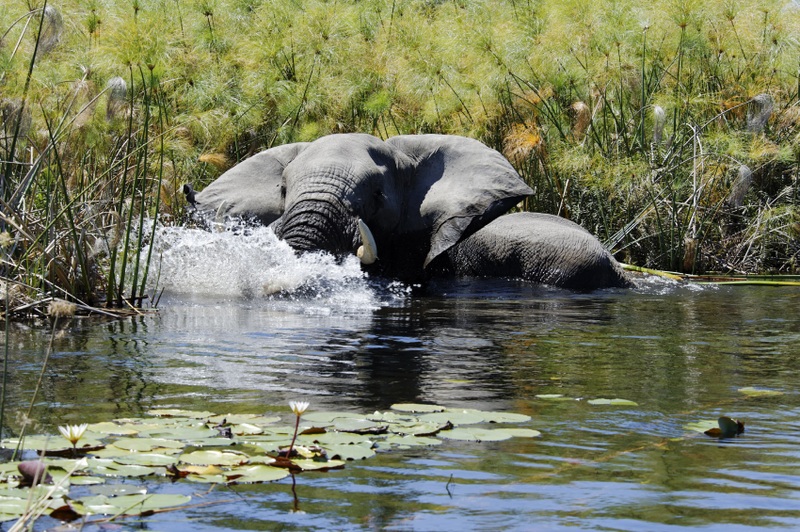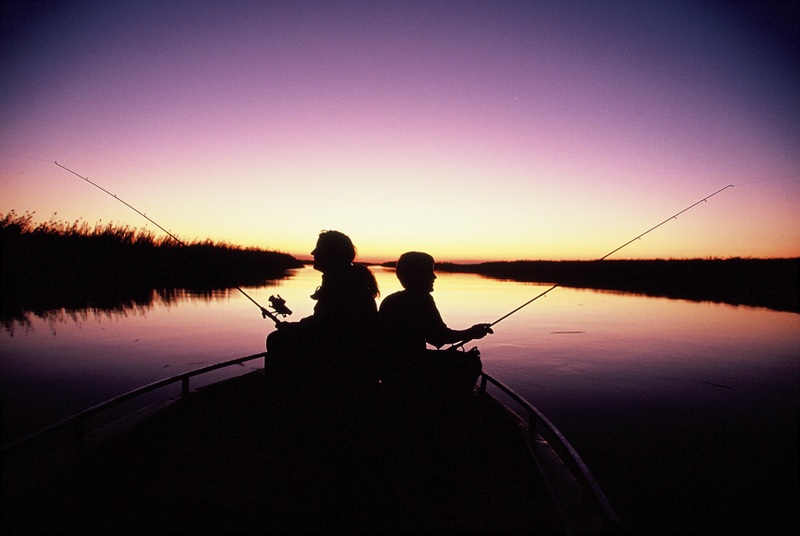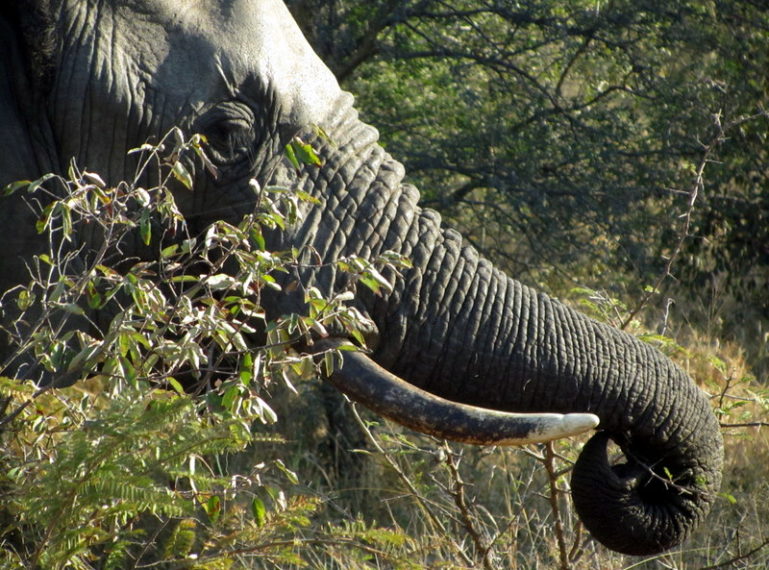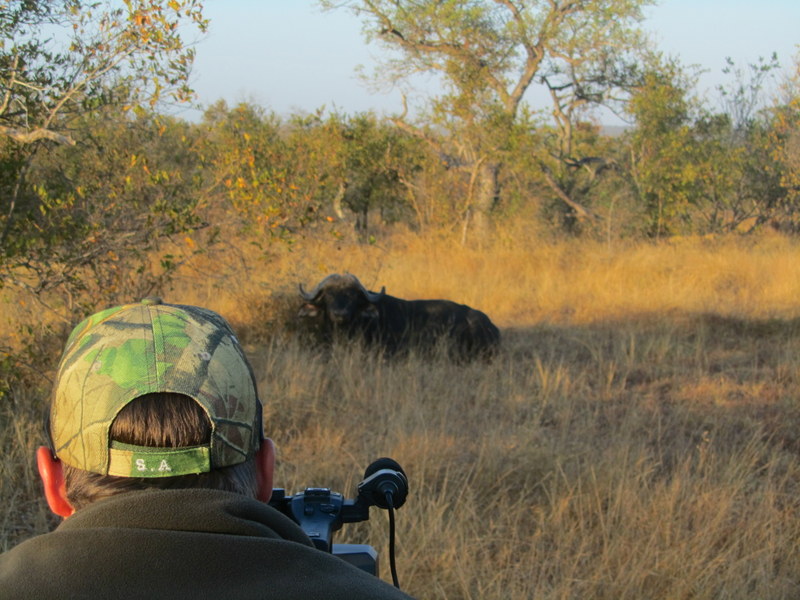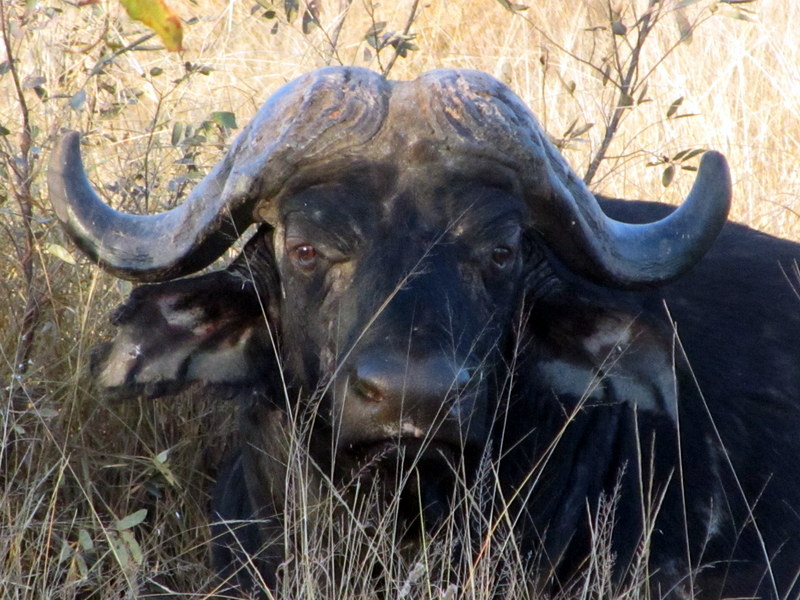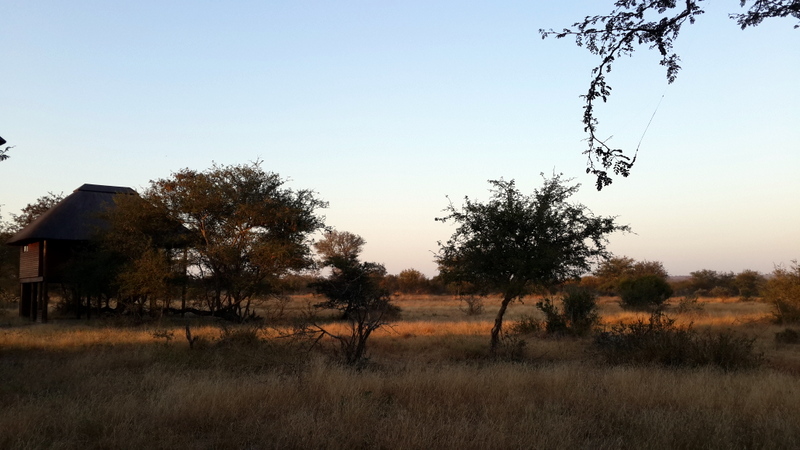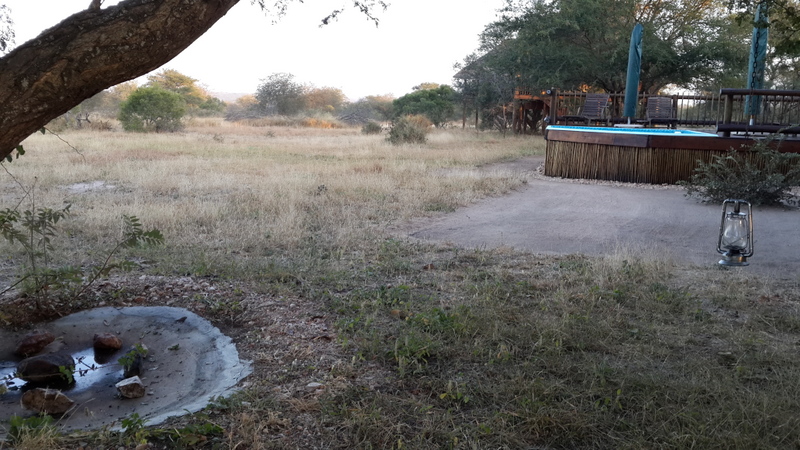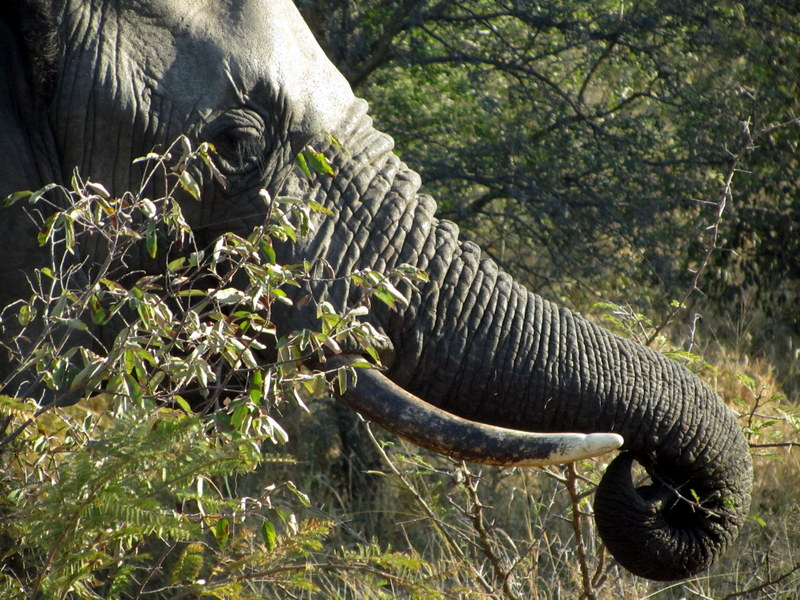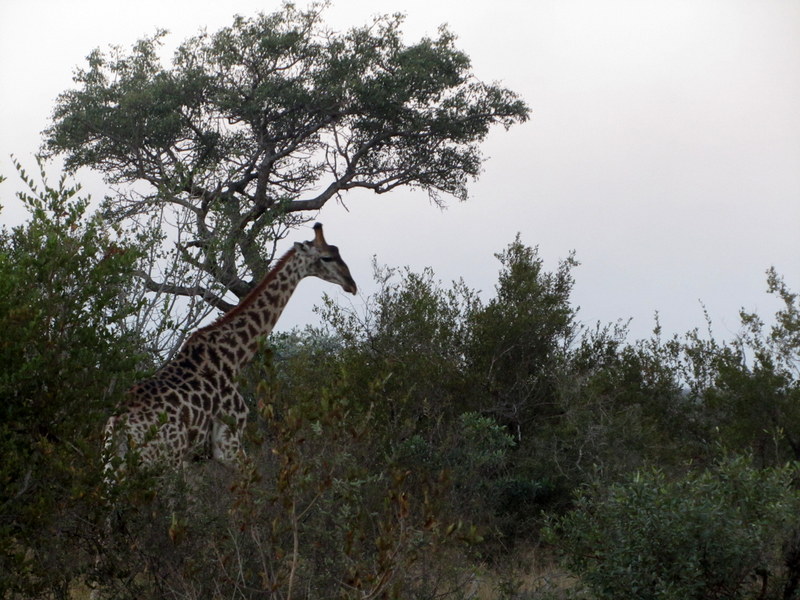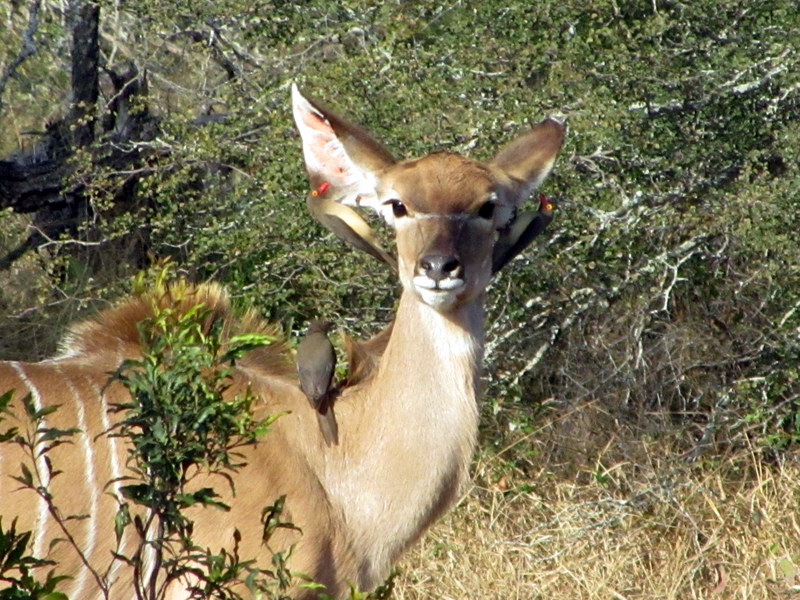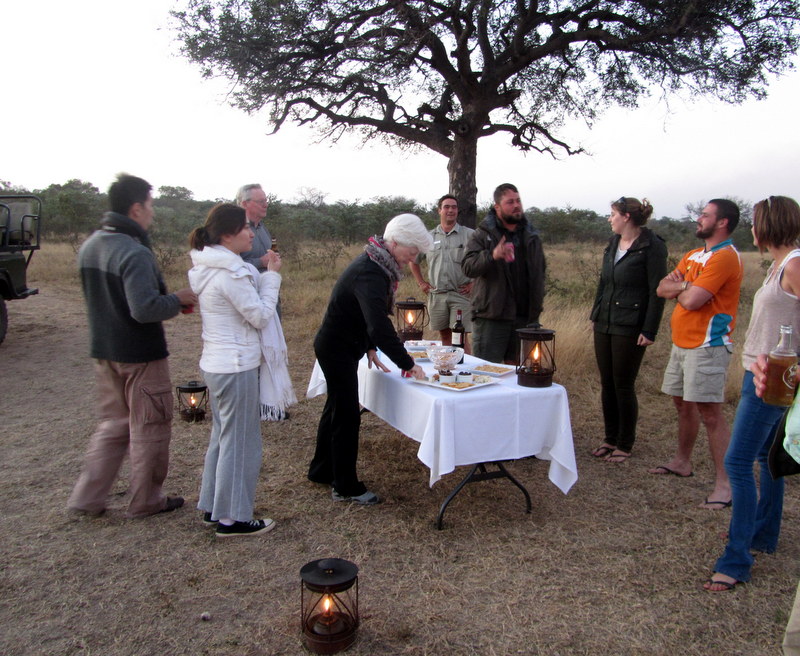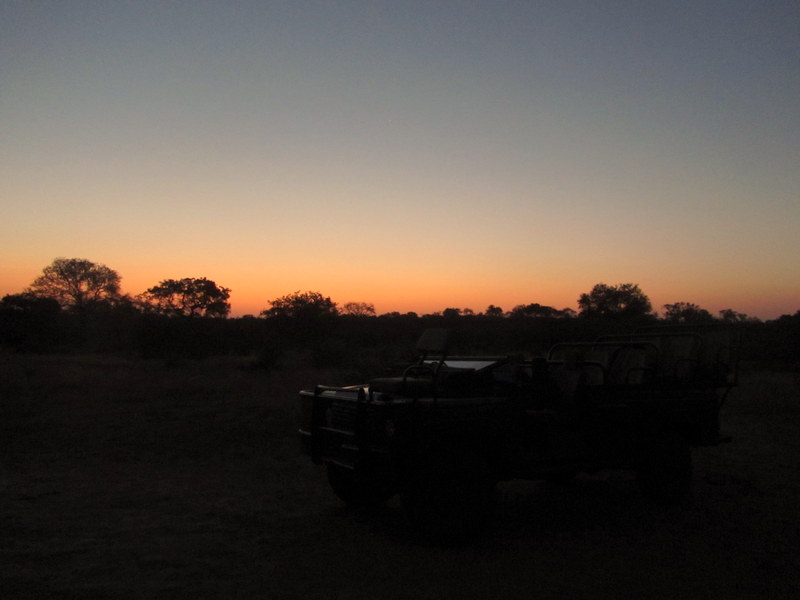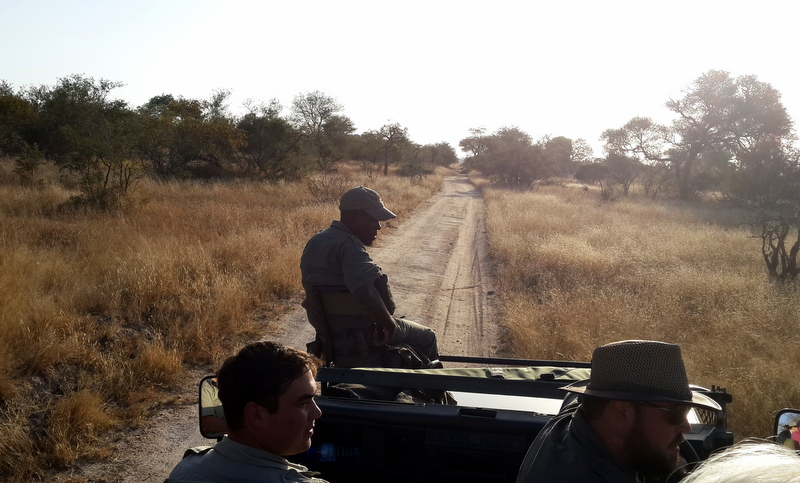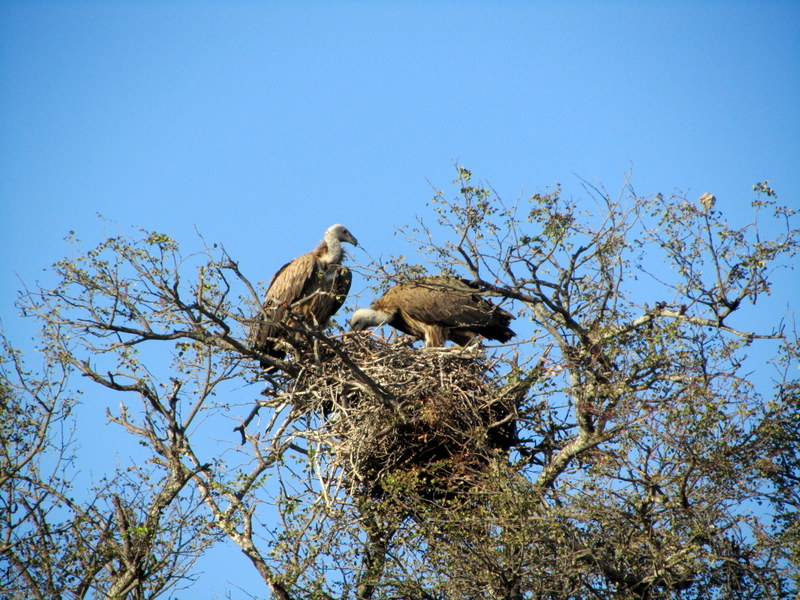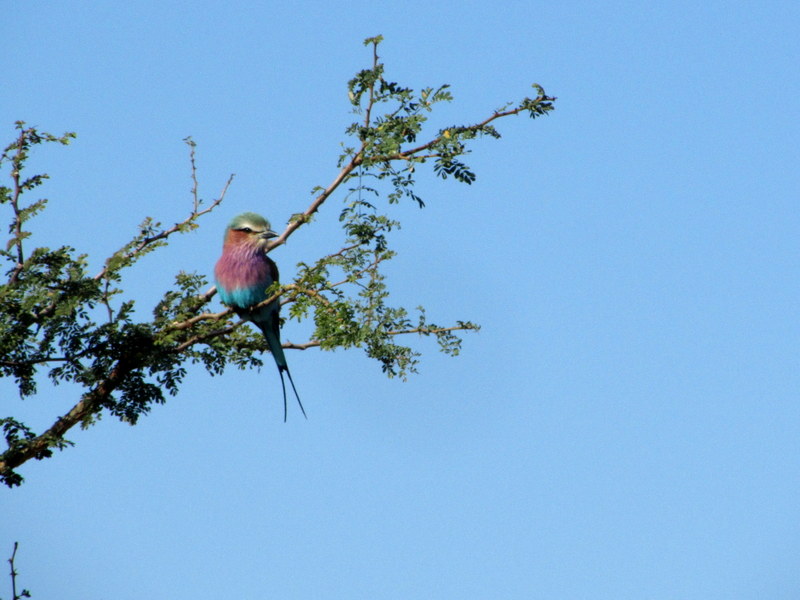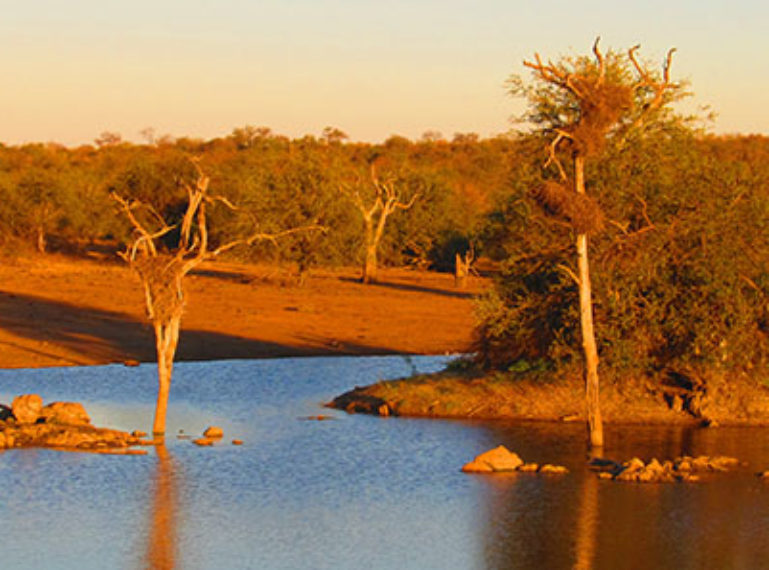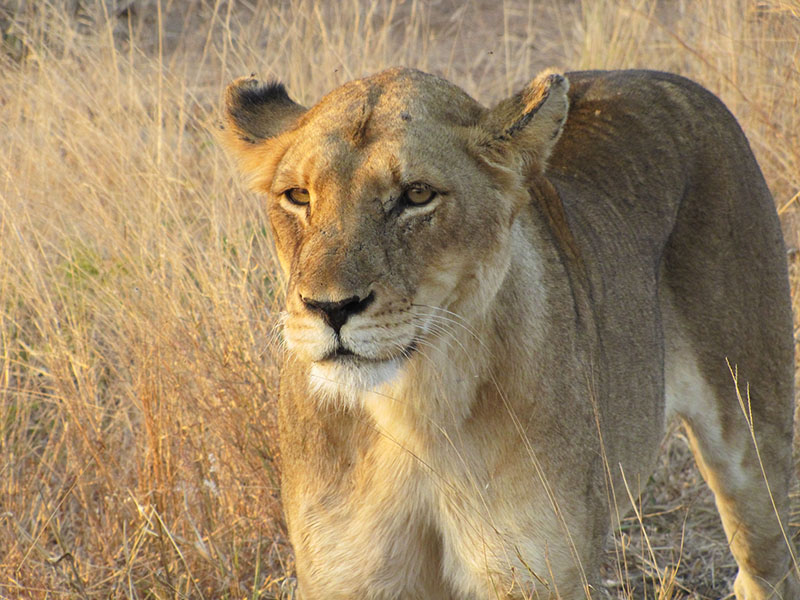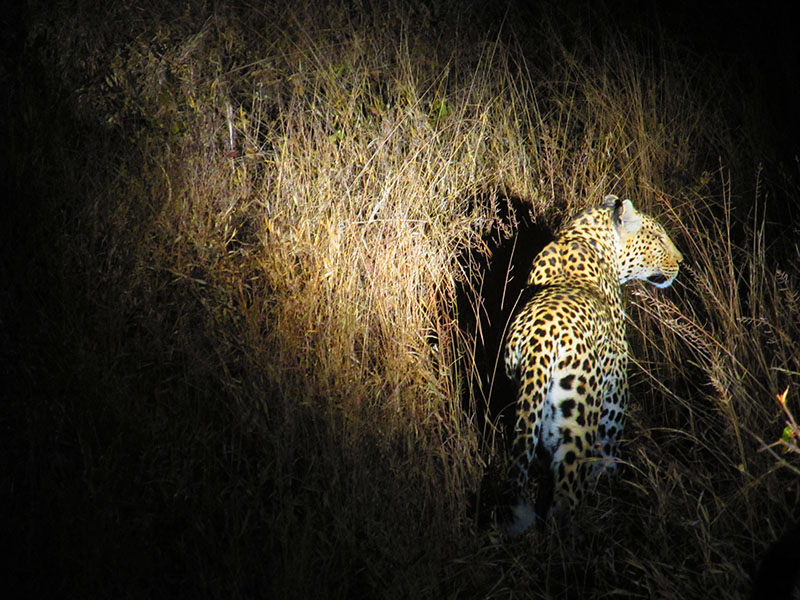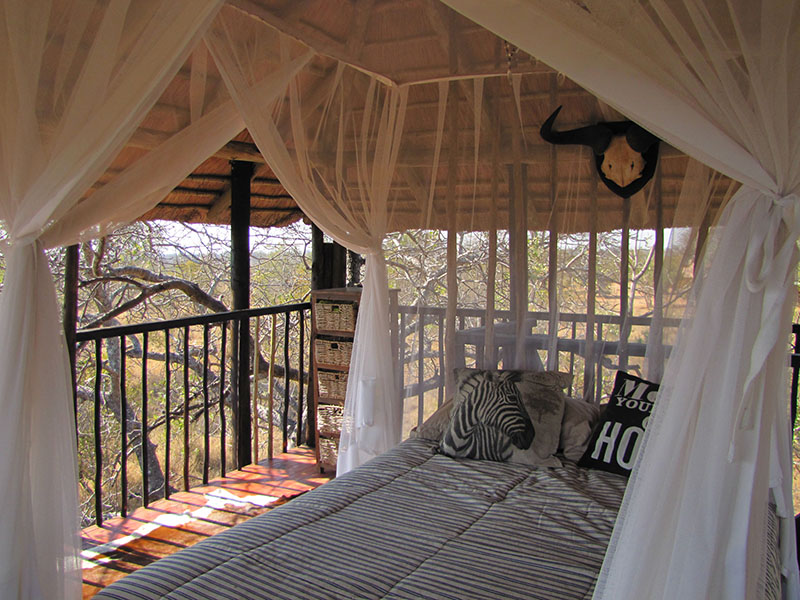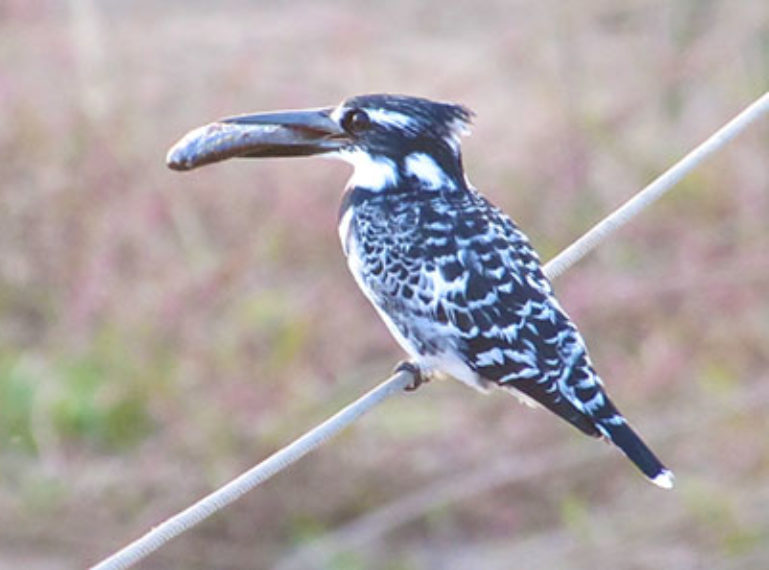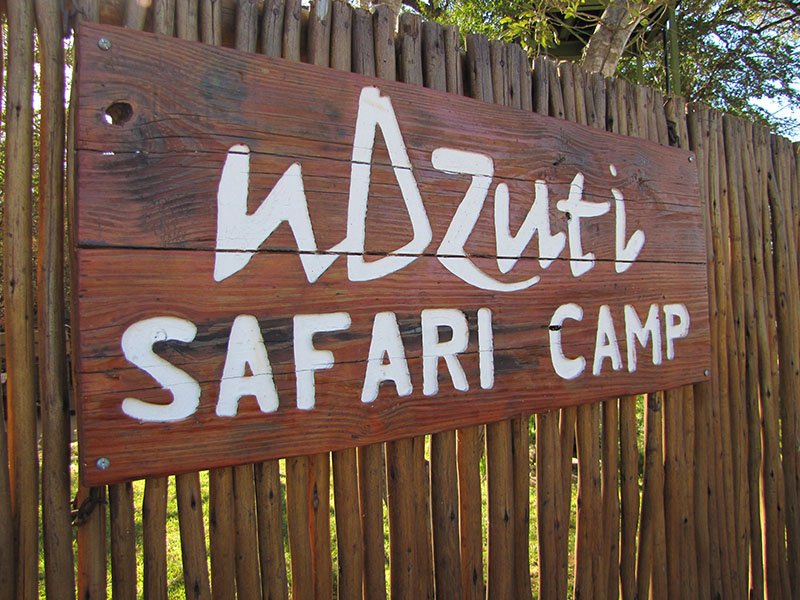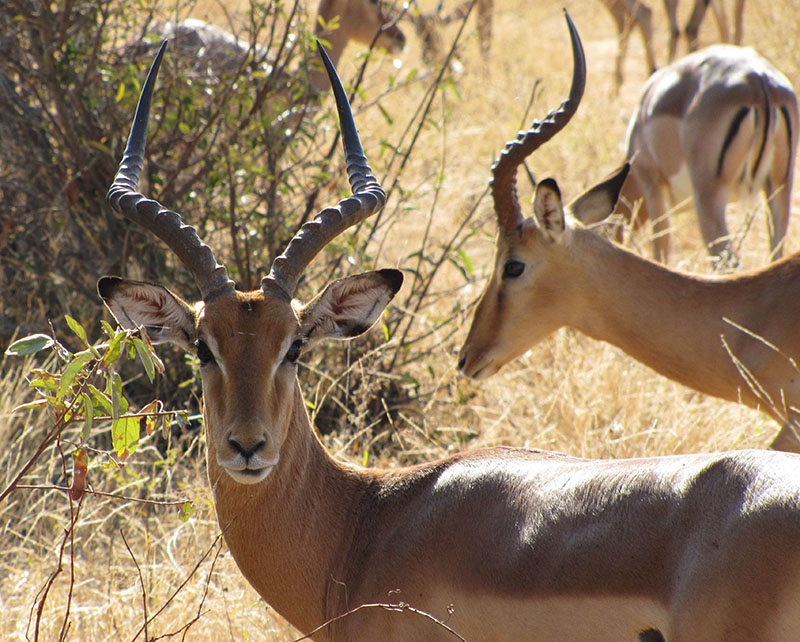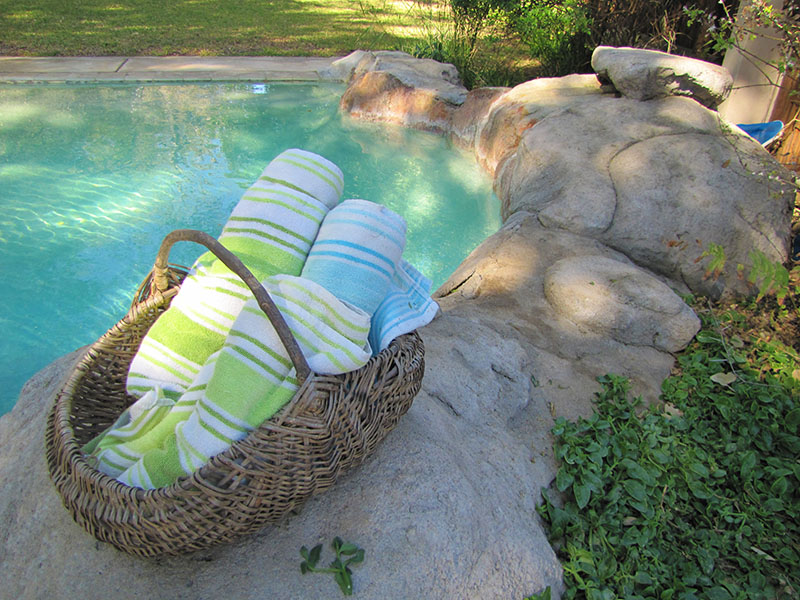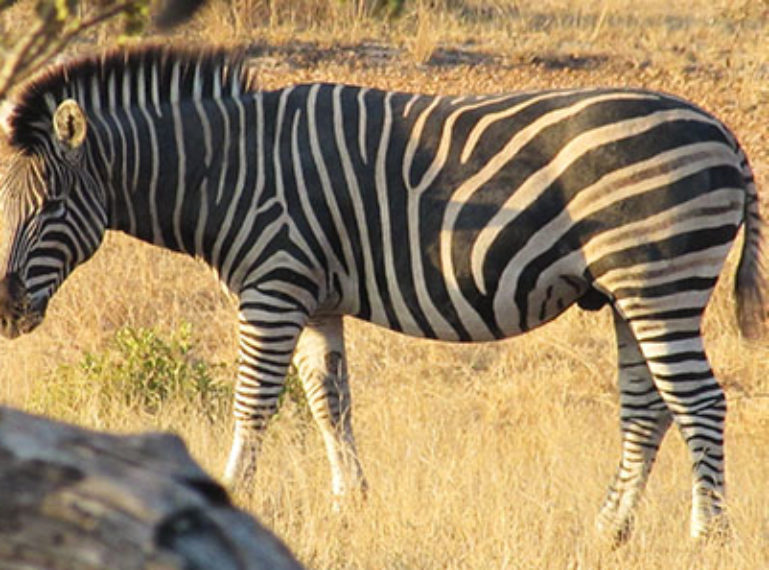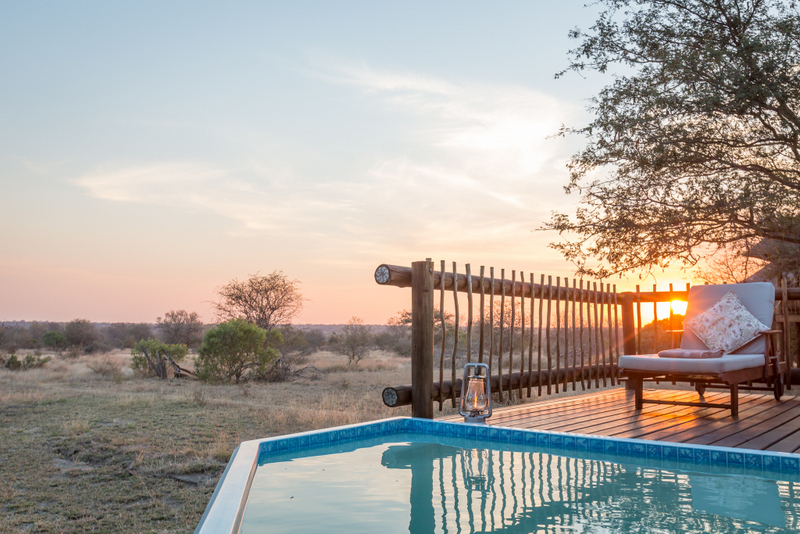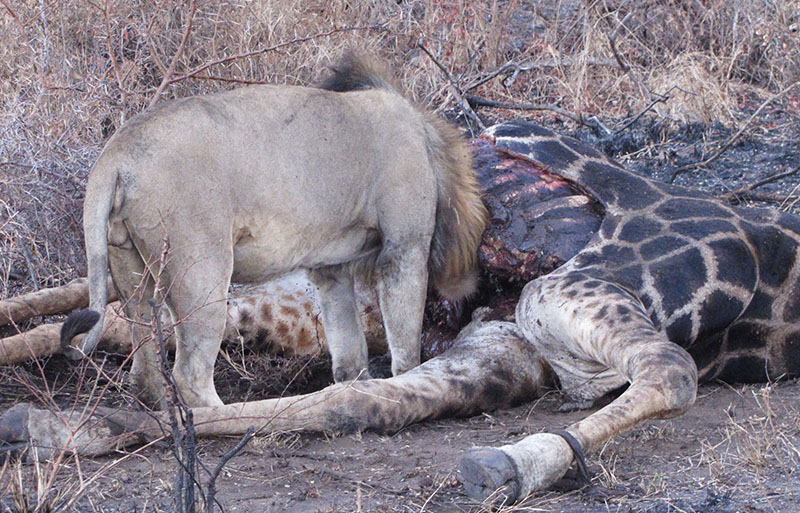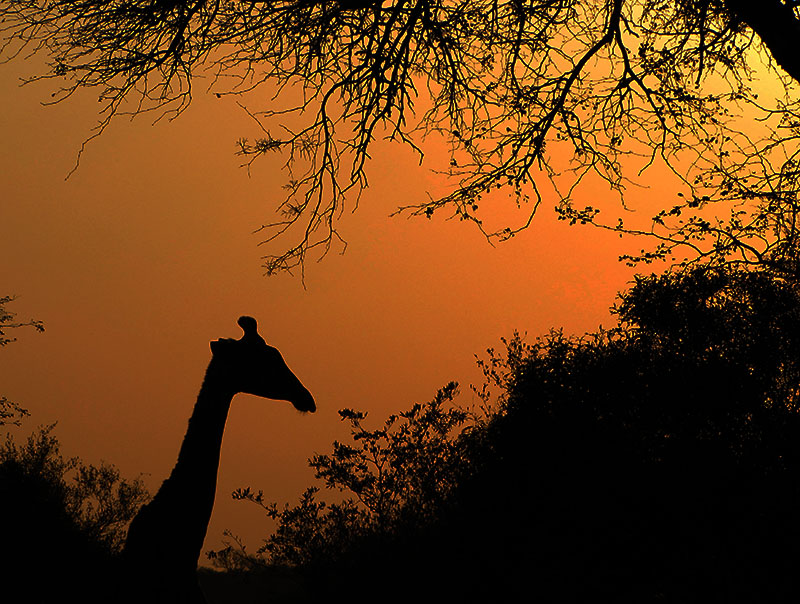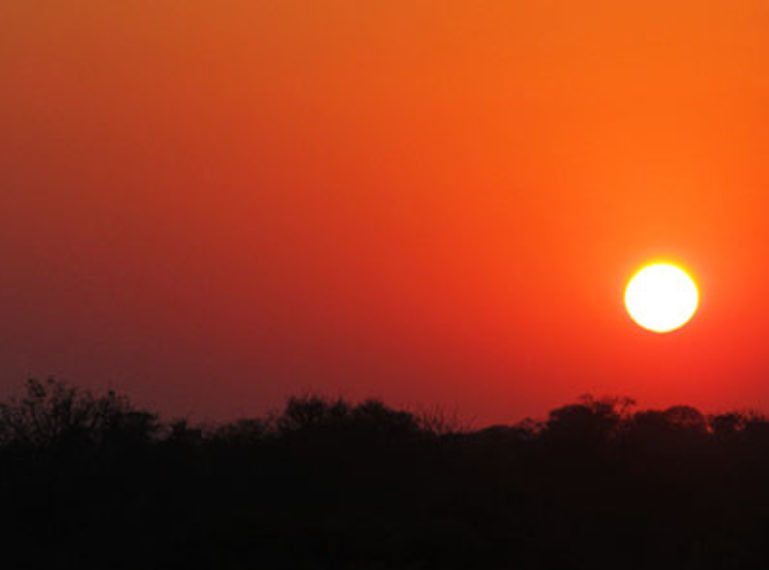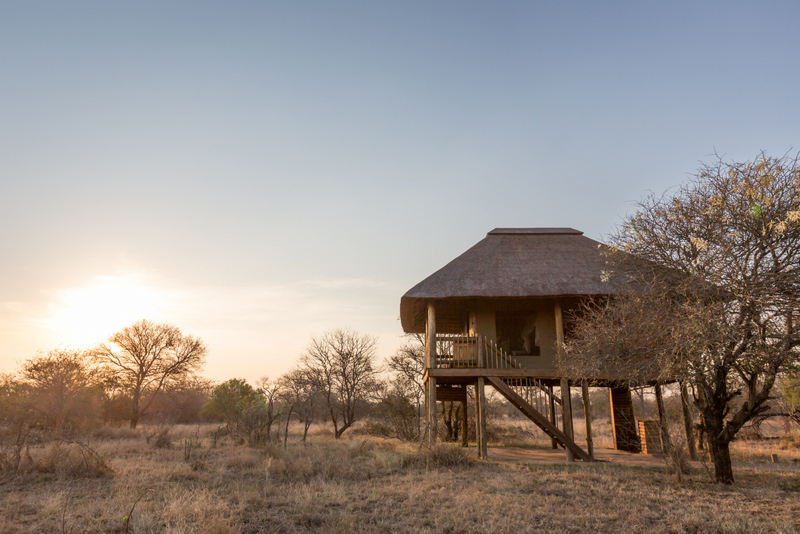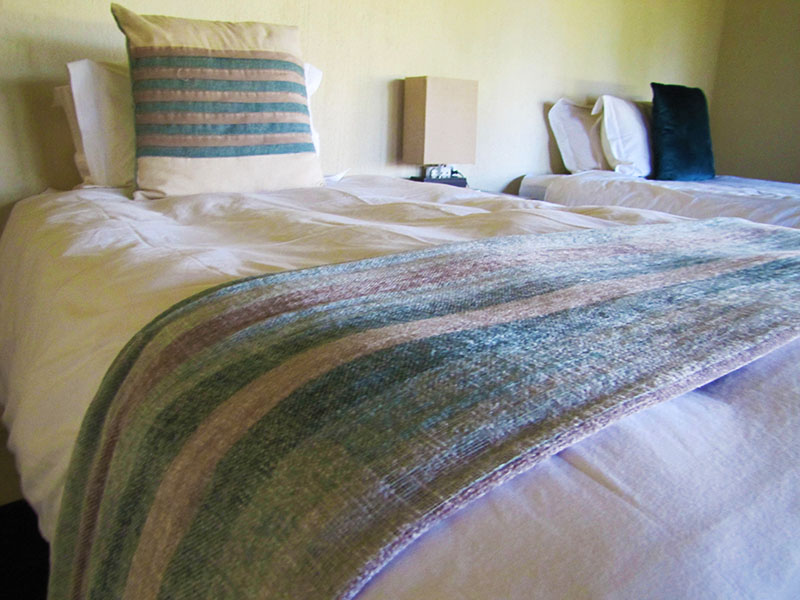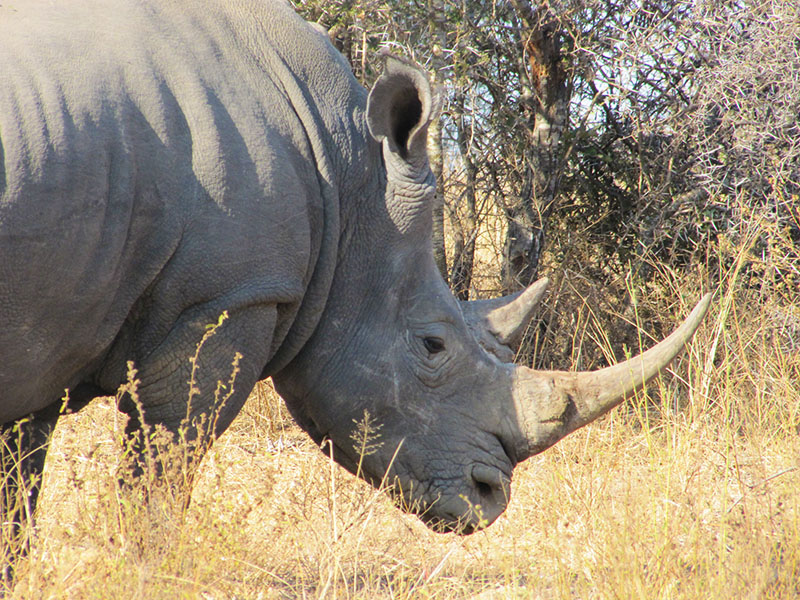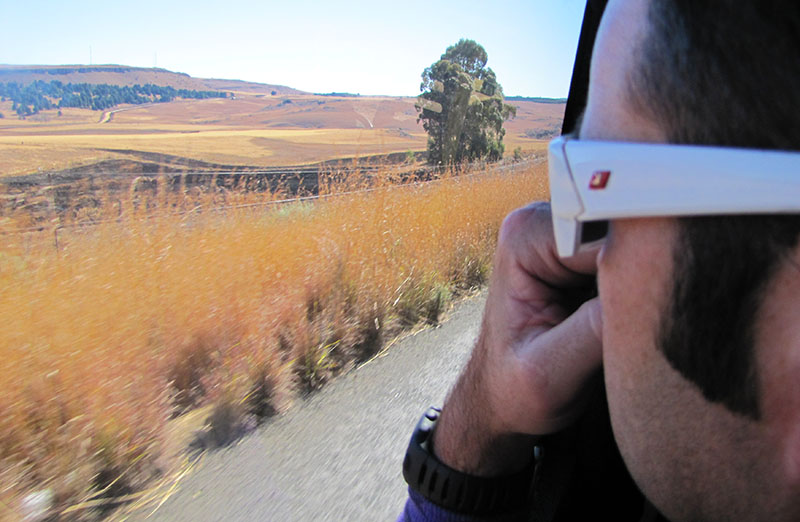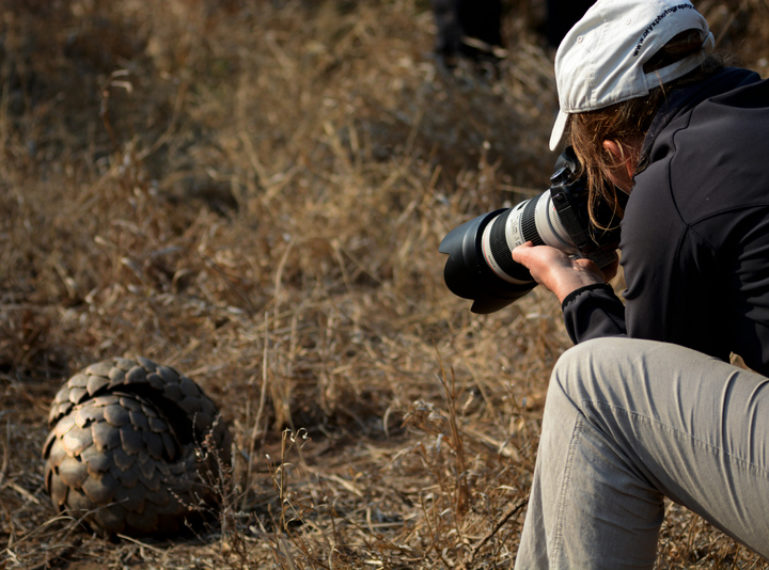
The Week in Pictures: The Ross Pride and a Pangolin
This week has been chock-a-block with wildlife sightings in the Klaserie Private Nature Reserve…which means nothing’s changed! We, in our Cape Town office, get snippets of news from our Kruger camps about the lions walking through camp, a leopard at nThambo’s waterhole, elephants ambling up to the camp’s pool, and the notorious honey badger giving guests a show. It’s always fantastic to be on the scene and to experience the safari yourself, but for those times we can’t all be there, we’re bringing you ‘The Week in Pictures’!
Kevin MacLaughlin, Sun Destinations’ photographer and videographer, takes permanent residence at Africa on Foot and makes it his business to capture the sightings we have to miss. Now, every Friday, we will post Kevin’s ‘week in pictures’, giving us a taste of what our guests are experiencing in the Klaserie.
This week, Kevin’s report includes the local Ross Pride females, a superb sighting of the rare and secretive pangolin, and a vision of buffalo at Africa on Foot and nThambo Tree Camp. Here’s the latest report from Kevin…
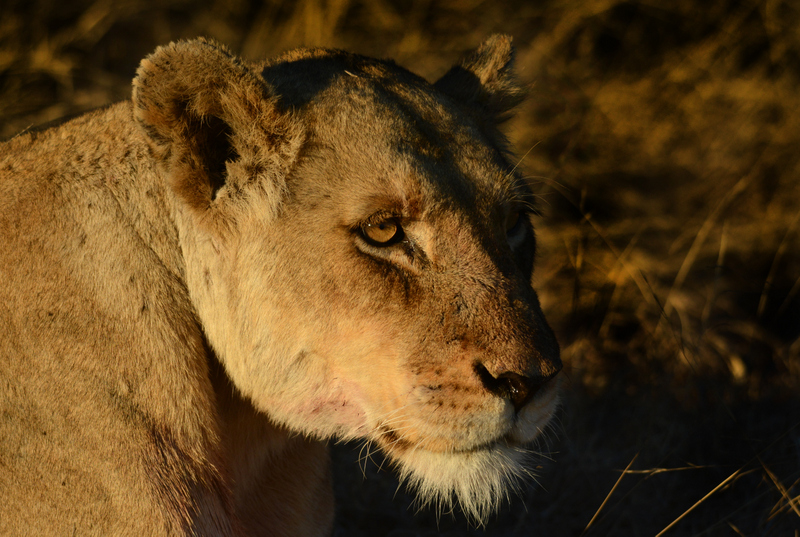
Ross Pride females, Mila and Lisa, spotted cleaning themselves after a night-time feast. ©Kevin MacLaughlin
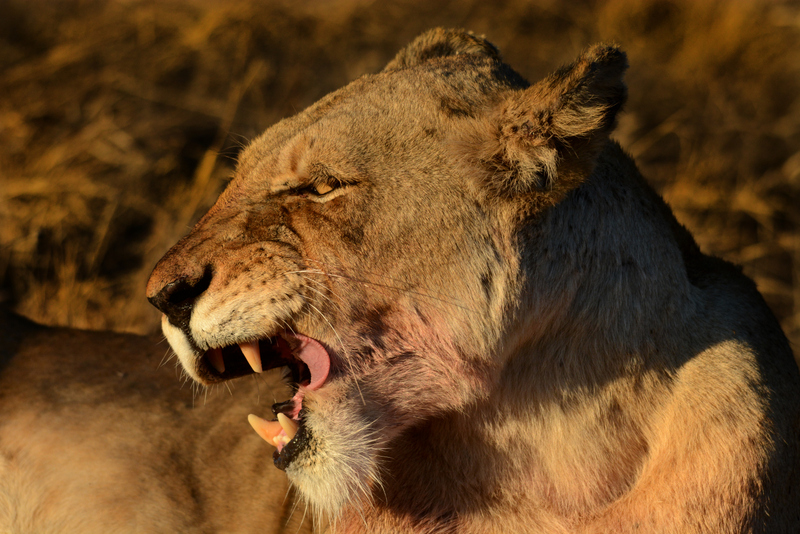
Ross Pride females, Mila and Lisa, spotted cleaning themselves after a night-time feast. ©Kevin MacLaughlin
“Mila and Lisa have been in the Ross Pride territory with sightings of them almost every day. They had made a kill during the night, and when we found them in the morning they were grooming themselves, trying to get the blood off their fur (what they killed is unknown). Both Lioness are in great condition and almost took down a kudu yesterday afternoon in front of the Africa on Foot guests.”
“We returned to the old giraffe kill (Africa on Foot) in the first light, and found 2 hyena trying to get hold of some scraps, but they soon realised there wasn’t anything edible and moved off.”
“Buffalo have been moving through the property almost every day, and lion tracks are always close by, but there hasn’t been any contact…yet.”
Something quite spectacular was the pangolin sighting, which caused a relative fuss among both the game rangers and the guests. Quietly enjoying the morning sunlight, this unusual, scaled creature was spotted by an excited ranger who (very politely) called it in on the radio. Soon enough everyone had taken their photo of an animal they may not likely be able to see again. Photographer, Em Gatland, who was visiting and photographing Sun Destinations’ Kruger camps, also managed to snap a few fantastic images of the endangered pangolin.
